Here are all the Super Kids Center ABA skills Training
1. Communication Skills
At Super Kids Center we teach our kiddos to improve their communication skills such as expressive and receptive skills.
Our programs are based on the Verbal Behavior approach to determine the function of the communication, for example: to Mand or request something the child wants or needs.

We also implement many Augmentative & Alternative communication systems when needed, such as American sign language, Visual books, Picture Exchange Communication systems (PECS), or speech-generating devices (in collaboration with Speech pathologists).
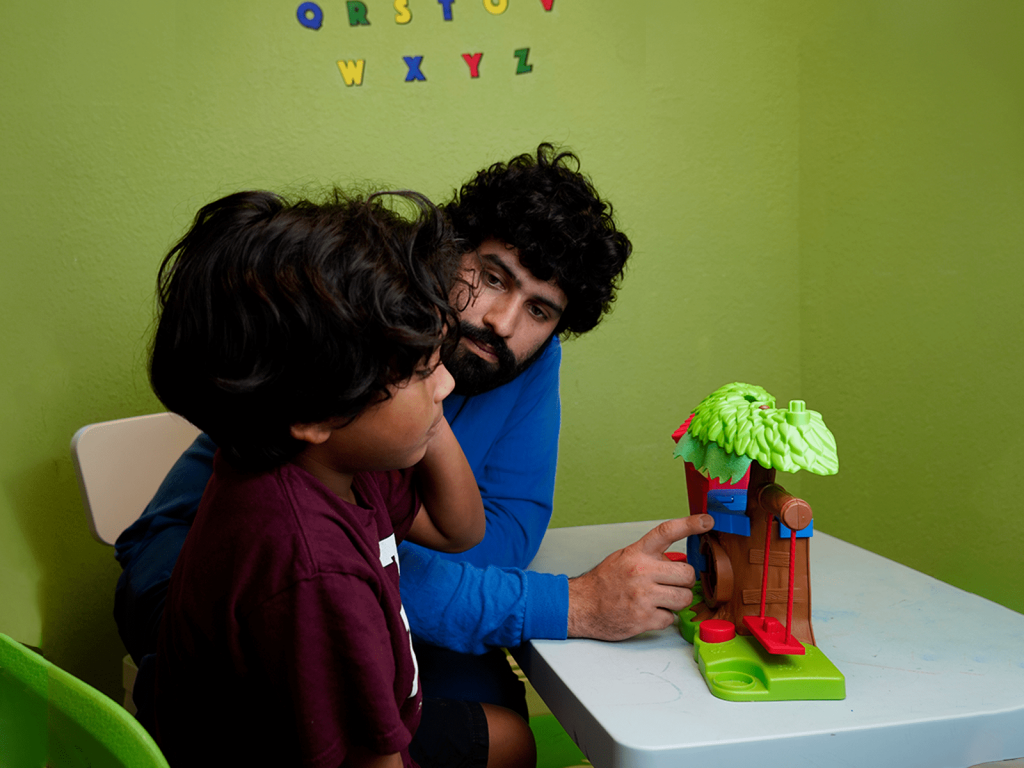
It is super important that our kiddos learn how to express their needs and wants in an appropriate way and interact with others.
2. Play skills
Our kids learn by playing and having fun.
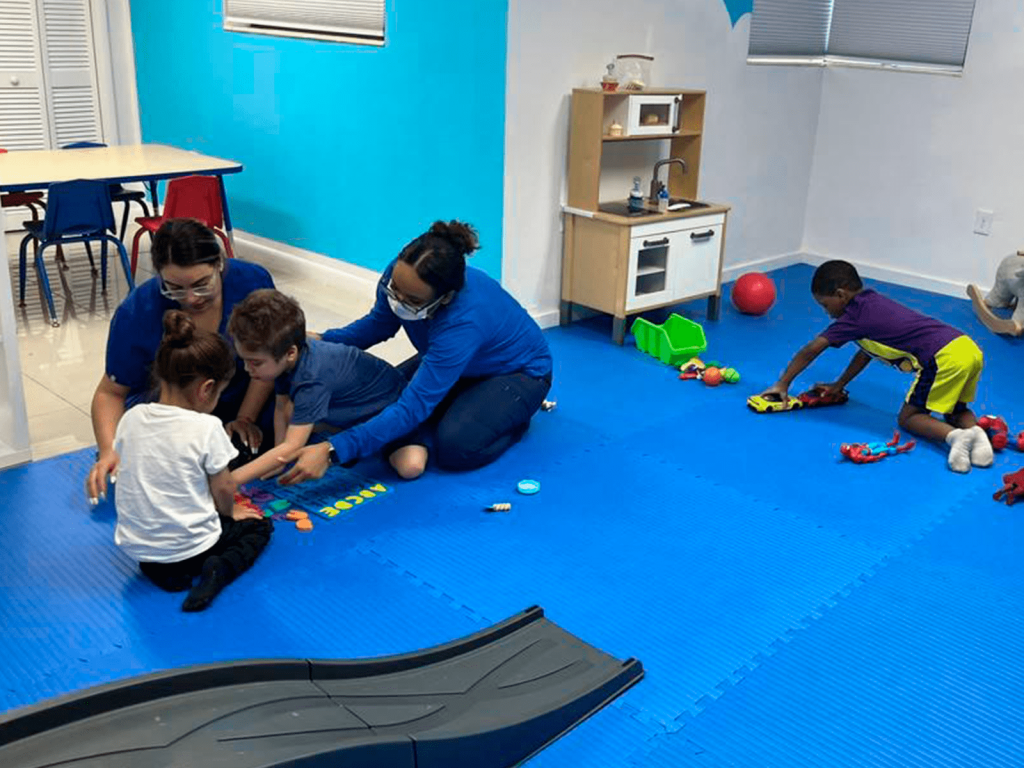
Playing allows them to practice skills and learn new approaches to stressful or unfamiliar situations.
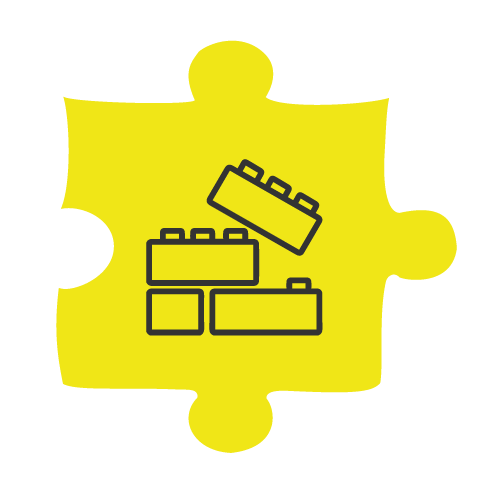
During playtime, they also learn:
- Establish eye contact during interactions with peers and adults;
- Respect boundaries and personal space;
- Discover new ways to interact with their environment,
- Develop independent leisure skills and set themselves up for success when playing with their peers.
If necessary play skills are broken down into small teachable pieces, they can be chained together in a sequence. When a child understands how to play appropriately, it becomes enjoyable for them to do so on their own.
3. Social Skills
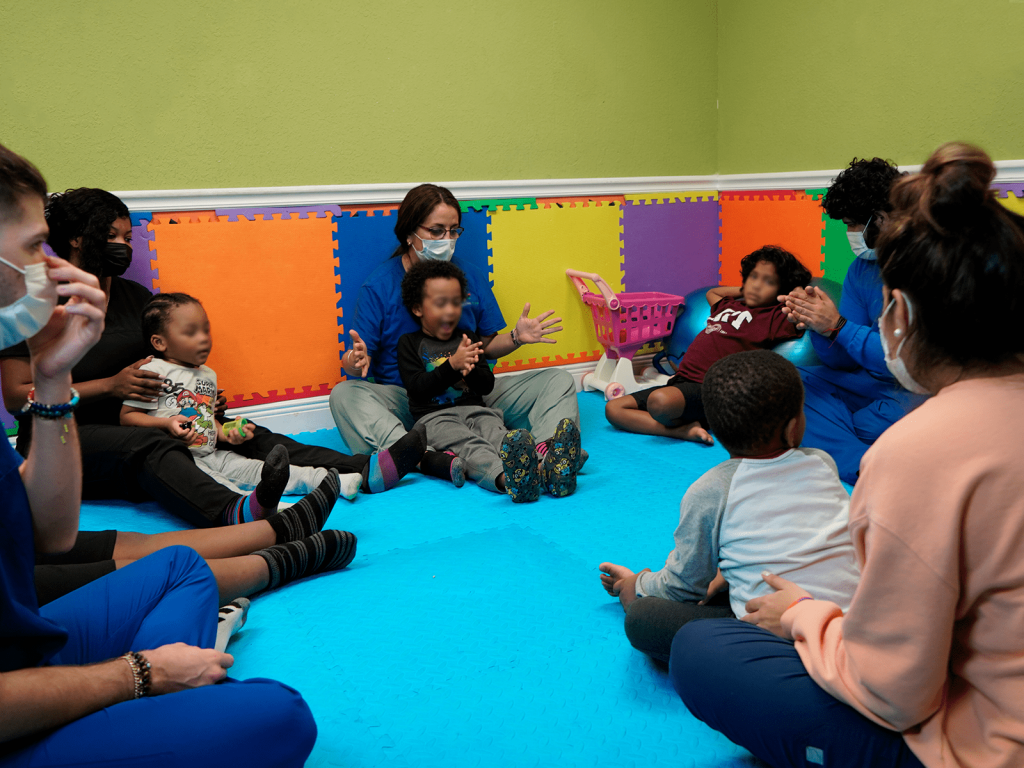
Some of our kiddos need support learning how to interact appropriately with peers and relatives. Sometimes social skills are too abstract and complex for our children to understand.
Breaking down social skills helps kids to practice adjusting to the child level. It is important to use:
- Imitation,
- Modeling,
- Different prompting support and
- Practice with peers.

4. Management of Challenging Behavior
At Super Kids we know that all behaviors happen for a reason; everything our children do communicates something.

To help our kids, first, we need to analyze and understand why their behavior occurs and what the consequences are reinforcing those behaviors, then we develop strategies to decrease those inappropriate behaviors while teaching replacement appropriate behaviors to serve the same function.
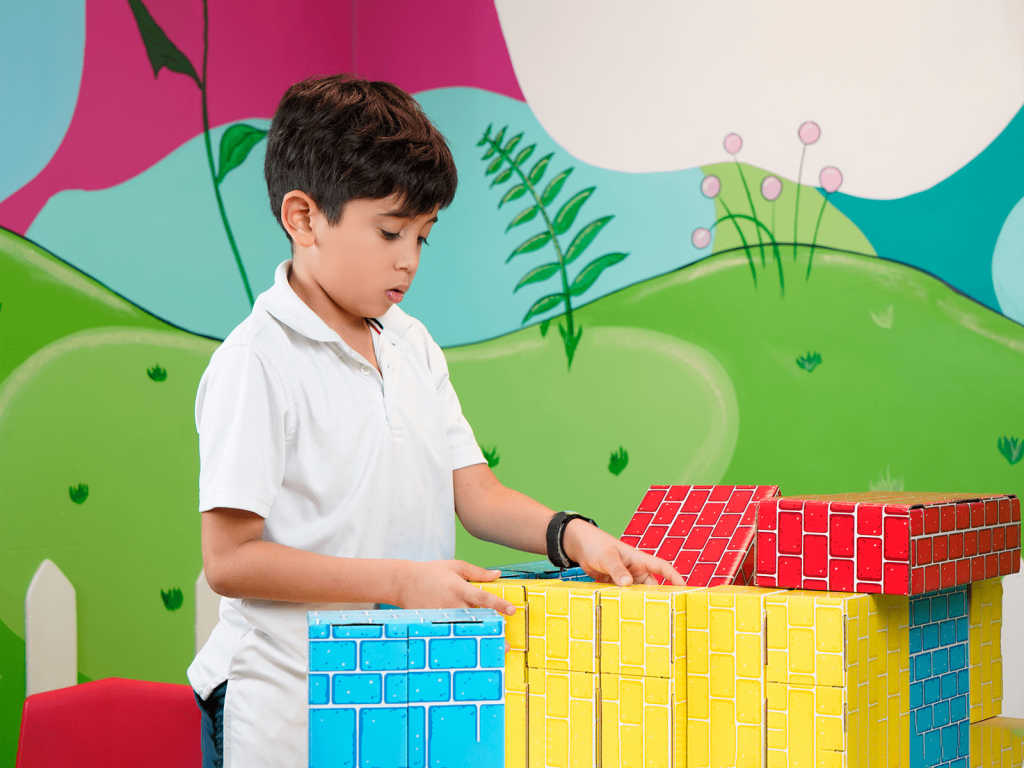
This will build skills for tolerance of frustration, use calming techniques, self-management strategies, and more.
5. Daily living ABA skills Training
It is super important to teach skills such as toileting, feeding, dressing, personal hygiene, budgeting money, and time management to name some.
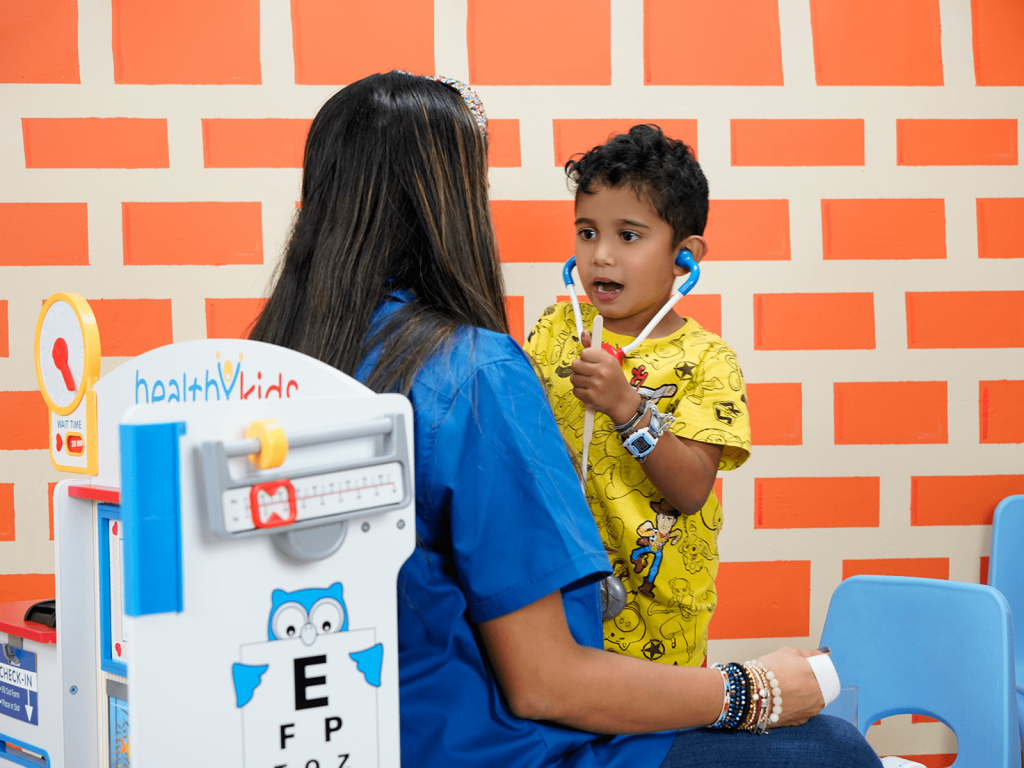
While practicing 1:1 the child learns how to do important tasks for their daily life. This helps to increase independence in different settings and with different people

Daily living skills include:
- Personal Care & Self Help: hygiene, toileting, meals, chores, and other home tasks.
- Socialization: leisure or play skills, interpersonal relationships (interactions with peers, siblings, and family members), conversation, and non-verbal cues.
- Communication: requesting, commenting, explaining.
- Community & Safety: crossing the street, appropriate with others, purchasing.
- Self-Direction: goal setting, self-management, problem-solving, choice making.
6. Pre-academic ABA skills Training
ABA therapy helps to prepare our kiddos to get ready for school.
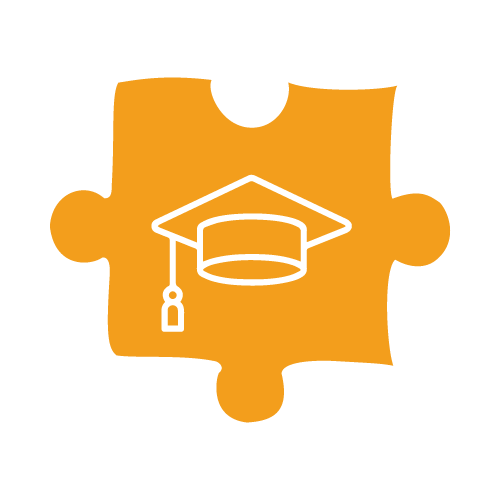
Children need to work on the ability to wait for instructions or preferred activities, remain sitting, pay attention, stay on task when working, follow verbal instructions, and the ability to do transition easily.
School Readiness Program (SRP)
It is a Super Kids intensive ABA program created using the principles of Applied Behavior Analysis to prepare our preschool children between 3 and 6 years old with the foundations for a successful transition into a traditional classroom environment, we do this by increasing and improving desired behaviors that are needed to be ready for school
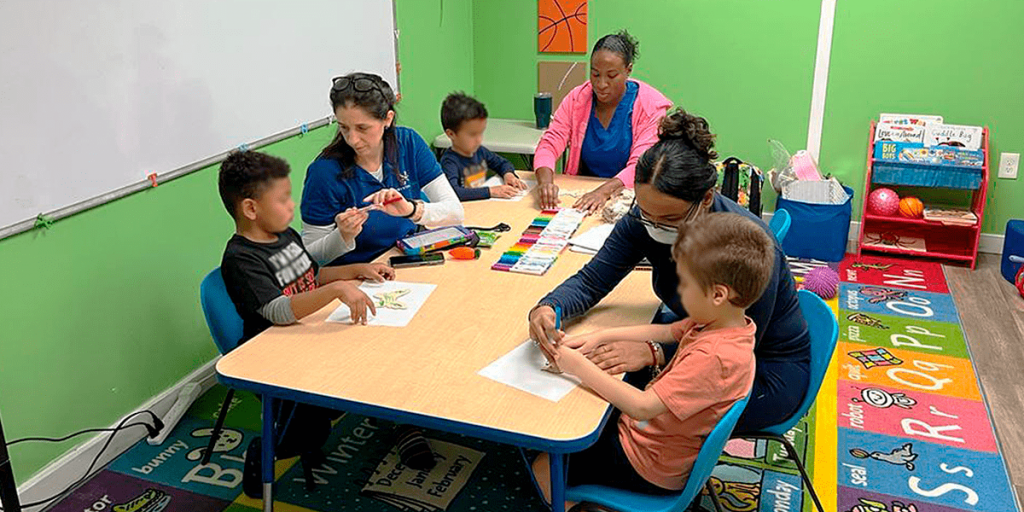
The core skills that ABA therapy teaches to prepare a child for school include:
- Task completion: Increase in seat behavior during academic tasks.
- Participating in group activities such as circle time, music, art, computer, and quiet time.
- Increase Social Communication (Expressive and Receptive).
- Social interaction with peers such as taking turns, awareness of personal space, responding to peer requests to play, lining up with peers, and other peer imitation.
- Following instructions (receptive language).
- Paying attention (eye contact).
- Learning in a group environment with distractions.
- Transitioning from preferred (recess) to non-preferred educational tasks.
- Desensitization to sensory stimulation typical of school settings.
- Increase independence and follow a schedule.
- Self Help and daily living skills.
- And much more…
7. Family ABA skills Training
At Super Kids we understand that families (Parents, Grandparents, siblings, and other caregivers or relatives) involved in the child’s life need a lot of support.
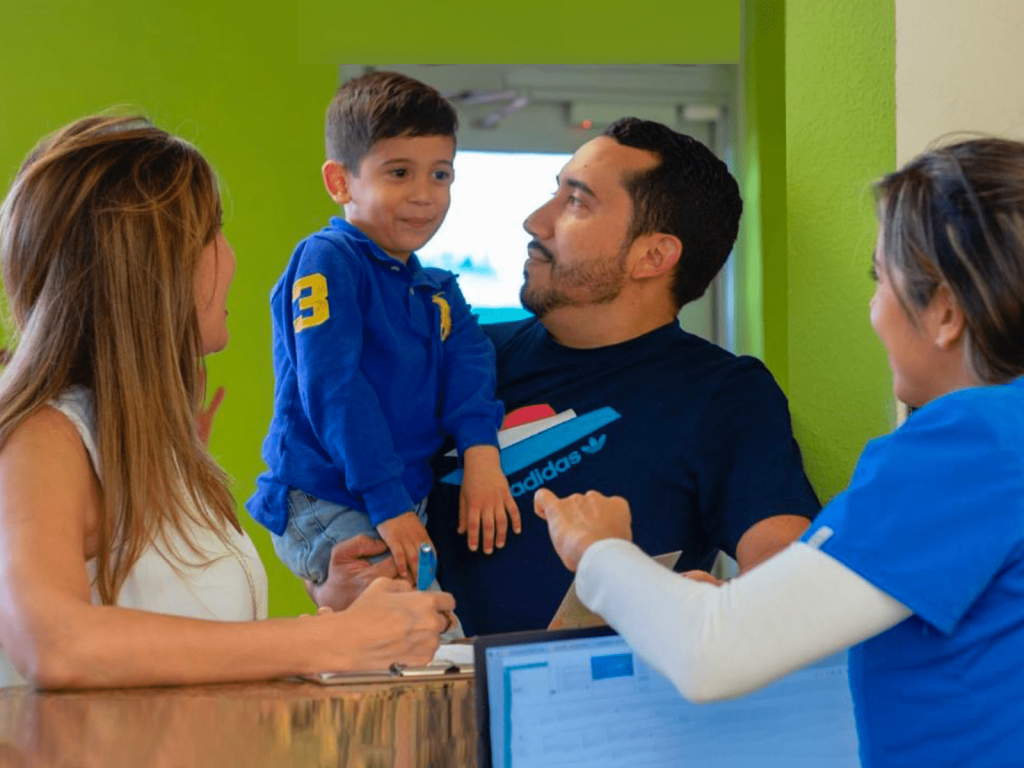
Learning new strategies and planning better ways to respond to our children make a huge impact on the quality of therapies and family dynamics.
We explain the function of each behavior and the strategies to use to replace it with a more appropriate behavior. Then generalize the skills learned during a session with family members and in different settings.
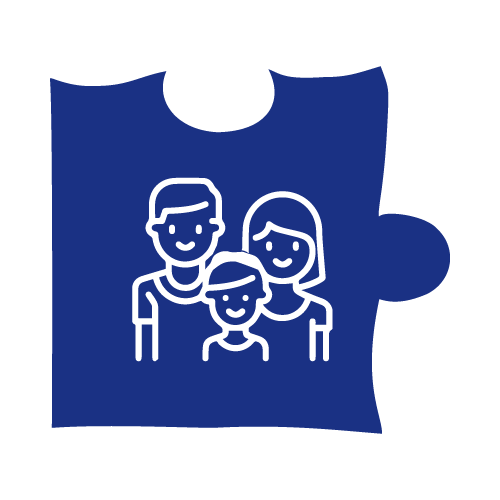
We are a team dedicated to the success of the child and family; we are here to assist and answer any questions or concerns you may have about your child’s sessions, behaviors, or skills.
Take the first step in ensuring your child’s future success!
We are here to help!
Together, we make it better!✨